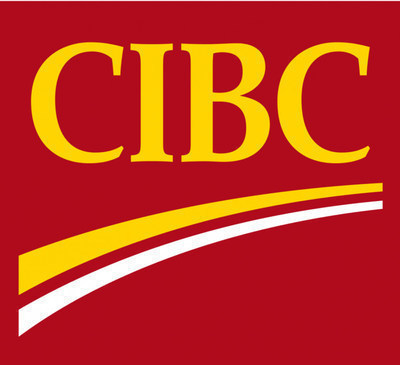CIBC's

"I urge all Canadians, and particularly individuals and businesses directly impacted by the pandemic, not to wait until April to start looking at their finances from a tax planning perspective," says
In his new report, 2020 year-end tax tips: COVID-19 edition,
Individuals
- For those who received the
Canada Emergency Response Benefit (CERB), the government will be issuing a T4A tax reporting slip for 2020 showing the total amount of funds received. This must be reported as income on 2020 returns, and since no tax was deducted at source from CERB payments, taxes may need to be paid on these amounts. The amount owed will depend on an individual's 2020 marginal tax rate, taking into account all other income earned this year. - Canadians who are not eligible for EI, such as those who are self-employed, may qualify for the Canada Recovery Benefit (CRB) which began on
September 27, 2020 and runs untilSeptember 25, 2021 . This provides a taxable benefit of$500 per week for up to 26 weeks. Individuals are required to apply after every two-week period for which support is needed and the deadline for applying is 60 days after the end of each period. While the government has indicated it will be withholding 10 per cent in taxes on any CRB payments, this may be insufficient to cover tax liability, which will be calculated at an individual's 2020 marginal tax rates. In addition, if an individual's total income (excluding the CRB) was over$38,000 in 2020, they may be required to pay back the CRB at a rate of$0.50 for each dollar received over this amount. - Canadians who are self-employed without a paid sick leave program may be eligible for the Canada Recovery Sickness Benefit (CRSB), which provides
$500 per week for up to two weeks if they are unable to work due to illness or a requirement to self-isolate. This benefit is available fromSeptember 27, 2020 toSeptember 25, 2021 . The deadline for applying for any one-week period is 60 days after the end of that period. Similar to the CRB, the amount is subject to 10 per cent withholding tax. - Canadians who have to miss work to care for a family member in certain circumstances due to COVID-19 may be eligible for the Canada Recovery Caregiving Benefit (CRCB). This benefit is also available from
September 27, 2020 toSeptember 25, 2021 . The deadline for applying for any one-week period is 60 days after the end of that period. As with the CRB and the CRSB, the CRCB is taxable and subject to a 10 per cent withholding tax, which may be insufficient to cover all amounts owed.
"Individuals who have received any government benefits related to COVID-19 should estimate their total income from all sources and set aside funds to pay any potential taxes owed come filing season next April. Seek help from an expert who can walk you through key information and help you plan before it's crunch time," added
Business owners: COVID-19 wage subsidy measures for employers
- Under the
Canada Emergency Wage Subsidy (CEWS) program, business owners may be able to receive a subsidy of up to 85 per cent of eligible remuneration paidbetween March 15 and December 19, 2020 if their business had a decrease in revenue. Businesses should keep in mind that the CEWS payments are taxable income to the employer. - Under the Temporary Wage Subsidy (TWS) program, a business may qualify for a subsidy equal to 10 per cent of remuneration paid between
March 18, 2020 andJune 19, 2020 , with a maximum of$1,375 per employee and$25,000 in total. A business eligible for TWS that did not reduce payroll remittances can still apply and the CRA will pay the amount of the subsidy to the business owner or transfer it to the following year's remittance. Like the CEWS, the TWS is taxable to the employer in the year received.
About CIBC
CIBC is a leading North American financial institution with 10 million personal banking, business, public sector and institutional clients. Across Personal and Business Banking, Commercial Banking and Wealth Management, and Capital Markets businesses, CIBC offers a full range of advice, solutions and services through its leading digital banking network, and locations across Canada with offices in the United States and around the world. Ongoing news releases and more information about CIBC can be found at www.cibc.com/en/about-cibc/media-centre.html.
SOURCE CIBC
© Canada Newswire, source


